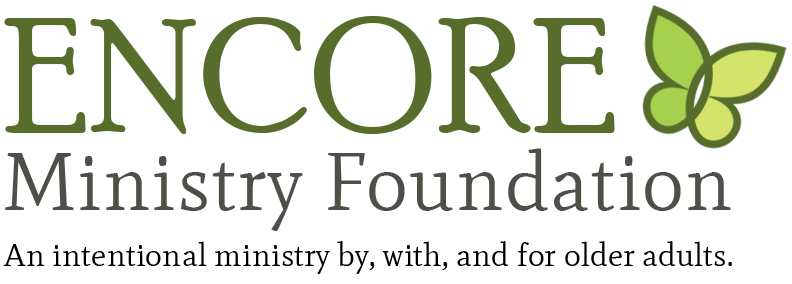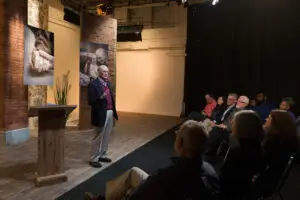Bible Study Addresses Challenges Facing Dementia Caregivers
There are currently over 16 million people in the US providing care to a person with dementia. While caregiving can be very rewarding, many caregivers also experience a significant amount of stress, and struggle to find meaning in their role as a caregiver.

